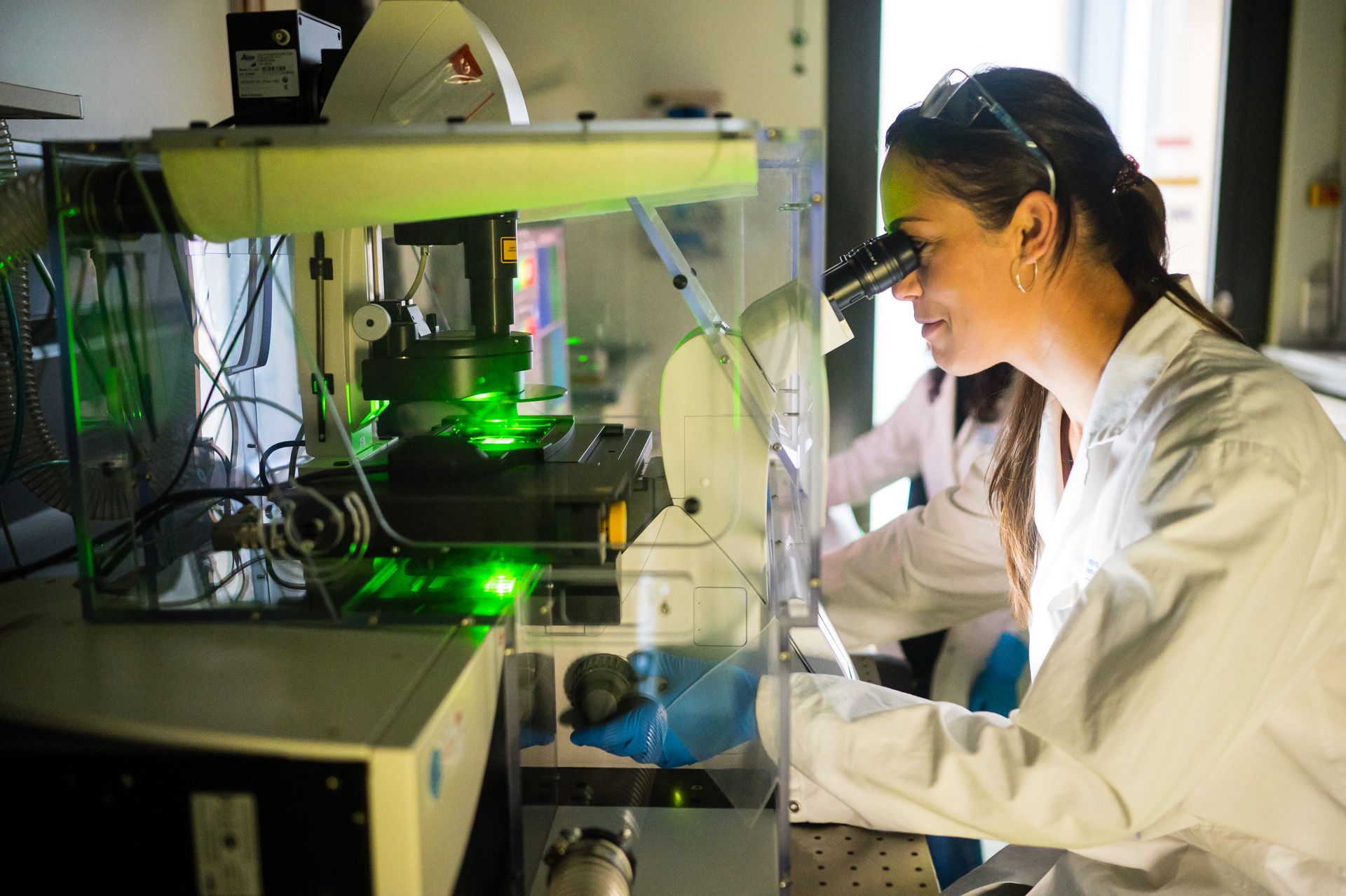
Prof Dr Sigrun Smola
About
Persistent viral infections are a common cause of serious diseases such as cancer or organ damage. Many viral infectious diseases could be prevented by preventive vaccines. However, this presupposes the availability of such vaccines and a high level of acceptance of vaccination among the population. Once viruses have taken up residence in the body, other strategies are usually required to combat the infection and the resulting diseases.
Prof. Smola's research group focuses on DNA viruses, in particular human papillomaviruses (HPV), which can infect and persist in various human epithelia. They cause 5% of all cancers worldwide, such as cervical cancer and other cancers of the anogenital and oropharyngeal regions. Since HPV testing has been included in screening programs for cervical cancer, many more persistent HPV infections that have already progressed to potential precancerous lesions can now be detected. This, coupled with the increasing number of diagnosed oropharyngeal cancers caused by these tumor viruses in both men and women, has significantly increased the need for HPV-specific therapies.
In addition to papillomaviruses, the Smola research group has also begun studying the related BK polyomavirus, which can lead to organ failure, particularly in kidney transplant recipients. The goal of the research is to better understand the replication and persistence of these viruses in order to find agents that specifically target HPV and BK polyomavirus infections. To date, however, there are no suitable animal models for replication of the strictly human-specific papilloma- or polyomaviruses. This is because the viruses are highly adapted to the specific host tissue in their long-term interaction with the host. Therefore, the Smola group has established three-dimensional organoid and organotypic cell culture models from primary human tissues with the corresponding host cell types. These models allow not only recapitulation of the viral life cycle in specialized epithelial host cell populations in vitro, but also analysis of the influence of the local microenvironment and microbiome on virus replication and persistence.
The long-term goal of Prof. Smola's research is to use these findings to develop novel antiviral drugs for the therapy of persistent HPV and BK polyomavirus infections in collaboration with drug design, optimization and delivery specialists at the Helmholtz Institute for Pharmaceutical Research Saarland.
